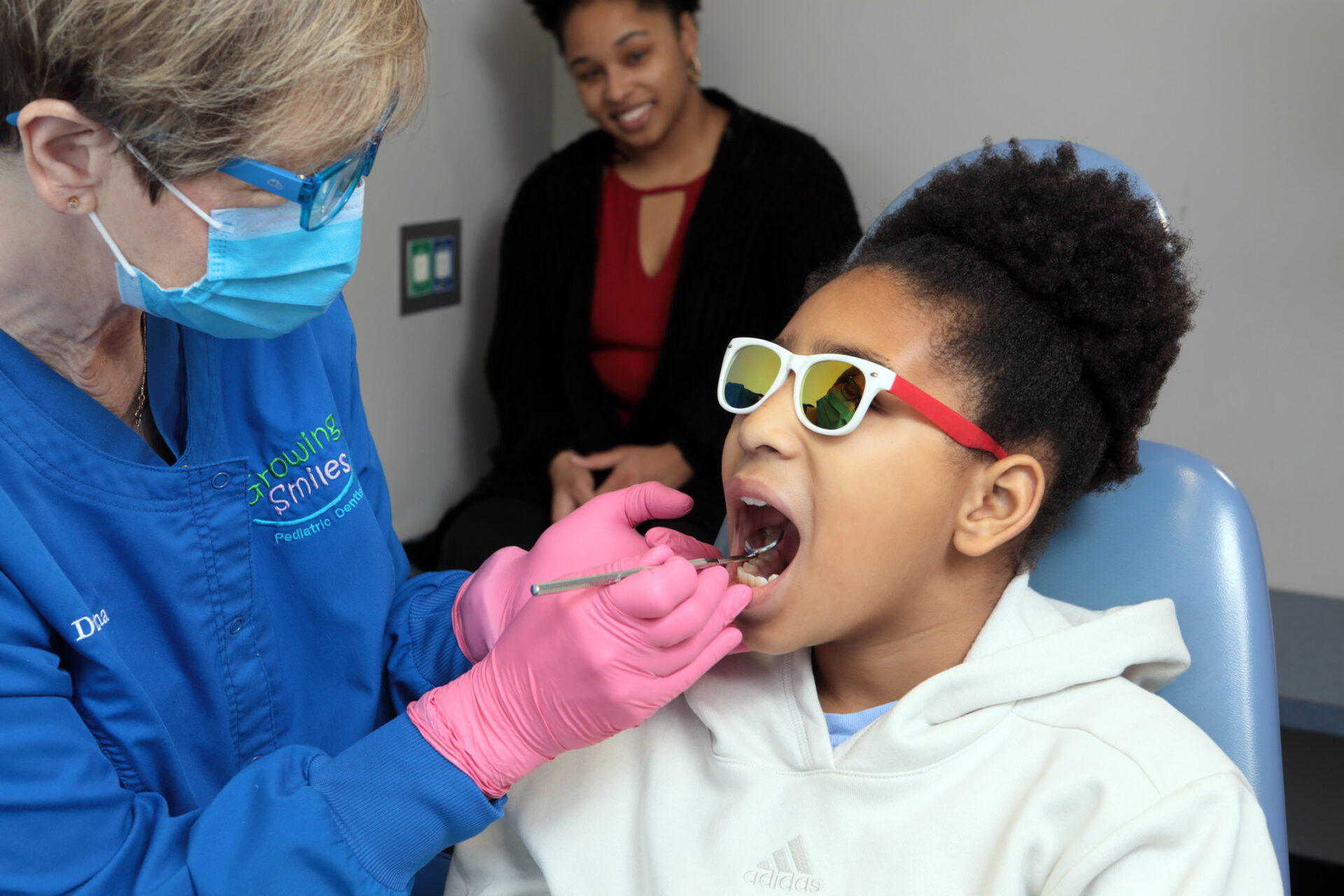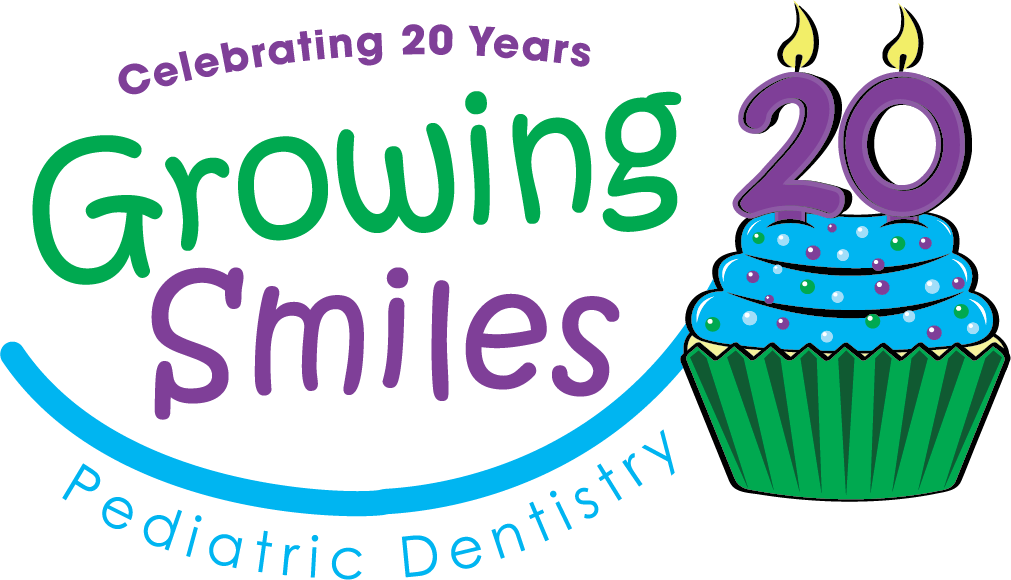Adolescent & Teen
By the time your child reaches adolescence, it’s likely that their 12-year molars will have arrived and that most of their primary or “baby” teeth have fallen out. They have a new set of permanent teeth. What’s next on the dental agenda? For many, an orthodontia device, such as Invisalign, braces or retainers are recommended to correct issues such as tooth and/or jaw alignment and/or a crossbite. As teens grow into young adults, wisdom teeth erupt and, in most cases, need to be removed. If you have questions about this next phase of your child’s mouth development, please contact our office.

Teens and Oral Health Concerns
As children grow into adolescents and become more independent, they begin to make more decisions on their own. How they choose to treat their oral health is no exception. So, how does a parent or caregiver encourage good oral hygiene and dental care once they are beyond the tooth brushing reward charts? The answer is to providing tweens and teens with the facts they need to make informed decisions about their oral health and well-being.
Adolescents and teenagers need to understand why good nutrition is imperative to their overall health—including their dental health. Explain how thorough brushing and flossing will help safeguard their mouths from painful periodontal diseases and the need for invasive dental procedures. Discuss how the use of tobacco products can contribute to the development of oral cancers. Describe how energy drinks and sodas (which have no nutritional value) eat away at tooth enamel. Share what you’ve learned about the dangers of mouth piercings. Remind them to play it safe and wear a mouth guard.
The bottom line is to talk to your teens about risky behaviors, and if you need to educate yourself in order to better educate your kids, please contact our office.
when will my child transition to a general dentist?

RESOURCES FOR TEENS
